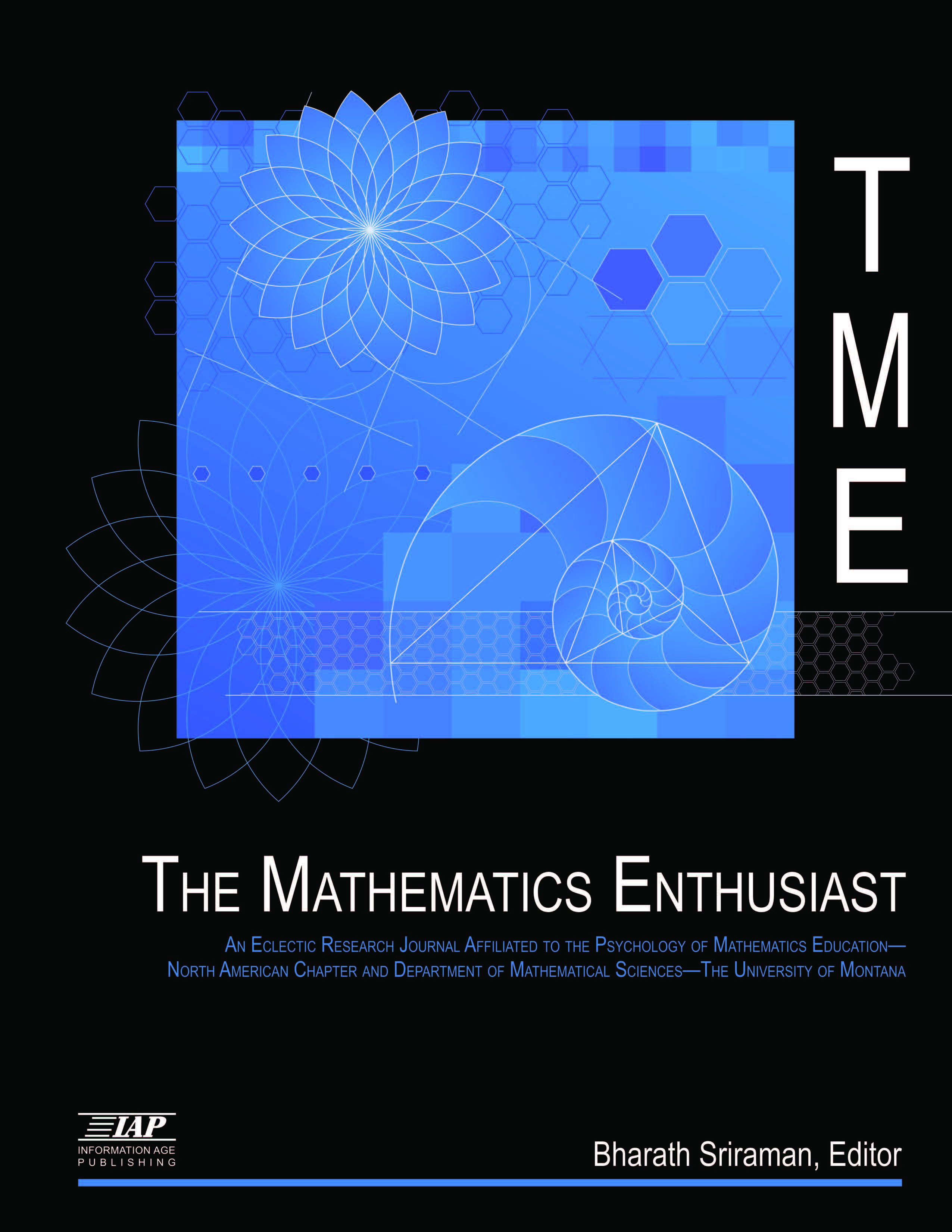
Volume
8
Issue
1-2
Abstract
Practical calculation of the limit of a sequence often violates the definition of convergence to a limit as taught in calculus. Together with examples from Euler, Polya and Poincare, this fact shows that in mathematics, as in science and in everyday life, we are often obligated to use knowledge that is derived, not rigorously or deductively, but simply by making the best use of available information— plausible reasoning. The “philosophy of mathematical practice” fits into the general framework of “warranted assertibility,” the pragmatist view of the logic of inquiry developed by John Dewey.
First Page
35
Last Page
50
Recommended Citation
Hersh, Reuben
(2011)
"Mathematical Intuition (Poincaré, Polya, Dewey),"
The Mathematics Enthusiast: Vol. 8
:
No.
1
, Article 3.
DOI: https://doi.org/10.54870/1551-3440.1205
Available at:
https://scholarworks.umt.edu/tme/vol8/iss1/3
Digital Object Identifier (DOI)
10.54870/1551-3440.1205
